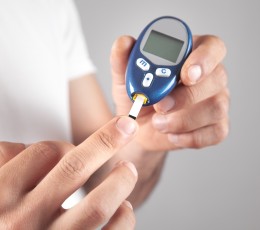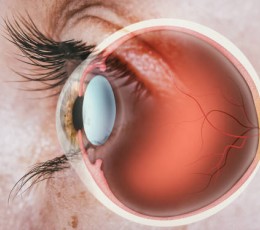
The importance of controlling blood glucose to protect your vision
Thursday, 06 November 2025
Maintaining healthy blood glucose levels is not only essential for overall health but also for protecting your eyesight. The eyes are highly sensitive to metabolic changes, and excess sugar in the blood can directly affect the blood vessels in the retina, progressively compromising vision.






















